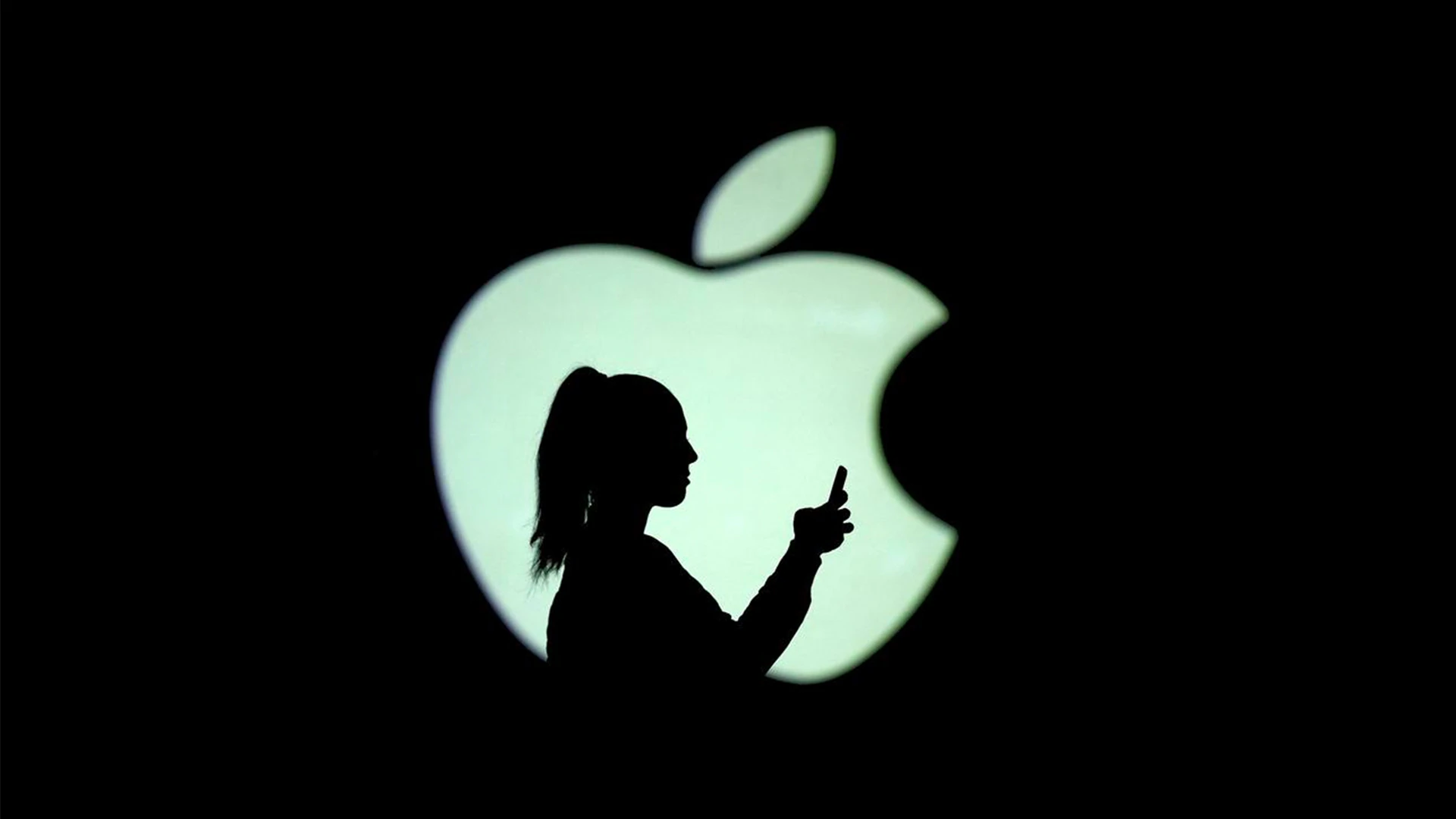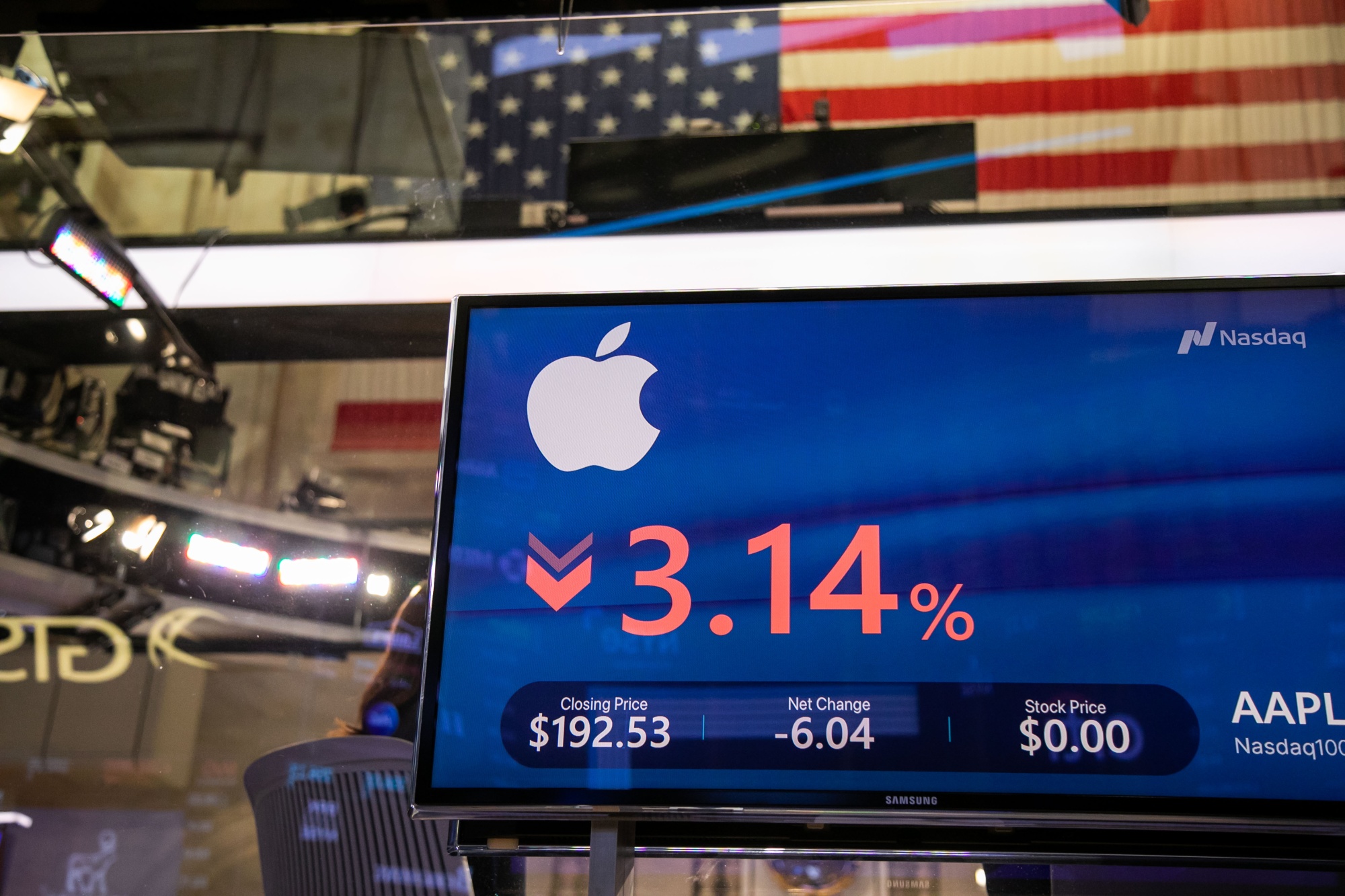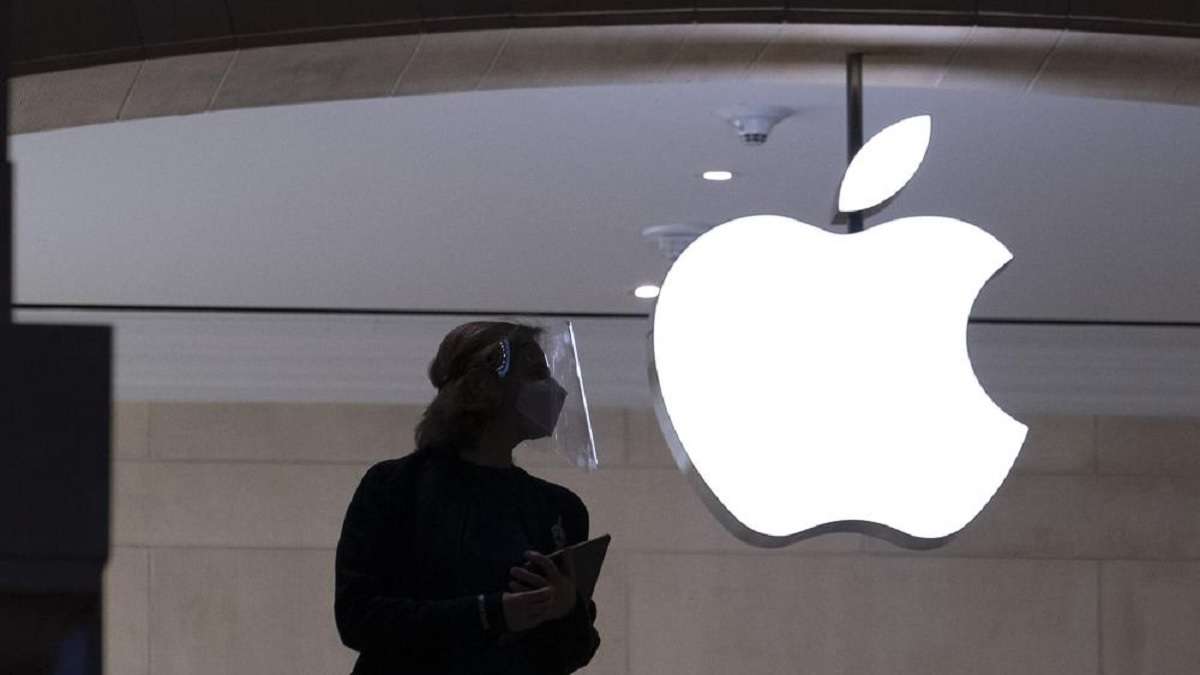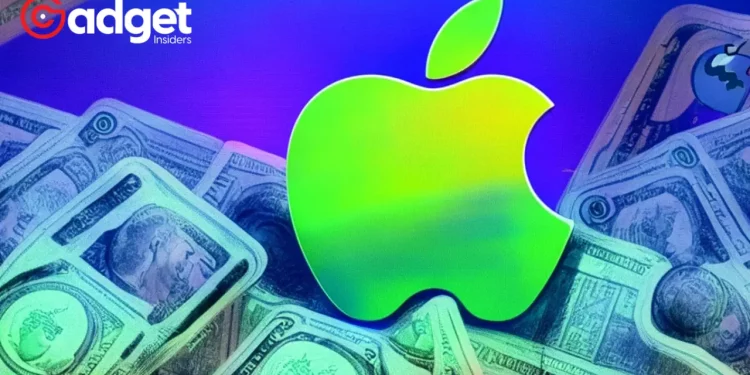In what is shaping up to be a landmark legal confrontation, Apple Inc. finds itself on the precipice of a major antitrust battle on its home turf. Insider reports and industry buzz suggest that the U.S. Department of Justice is gearing up to launch a comprehensive antitrust case against the tech behemoth. The crux of the case? Apple’s alleged market-dominating practices not only fortify its position in the smartphone industry but also create significant roadblocks for users considering a switch to alternative devices.
This looming legal challenge, detailed in a report by The New York Times, places the spotlight on Apple’s entrenched ecosystem. An ecosystem that, while being a source of pride for the company, is now under scrutiny for potential anticompetitive behavior.

The Case Against Apple: A Closer Look
Unraveling the Accusations
The Justice Department’s investigation zeroes in on several key areas where Apple’s dominance is most pronounced. These include:
- Apple Watch’s Monopoly: The tech giant is accused of limiting the functionality of its flagship wearable device when paired with non-iPhone smartphones.
- iMessage Exclusivity: Competitors are allegedly barred from integrating with Apple’s popular messaging service.
- NFC Chip Access: Apple is accused of monopolizing contactless payment by denying other payment companies access to its Near Field Communication (NFC) technology, effectively nudging users toward Apple Pay.
- Siri and Feature Access: There are claims that Apple undermines competitors by restricting access to its features, including the Siri virtual assistant.
A Different Legal Landscape
This impending case is set to differ significantly from previous antitrust challenges faced by Apple. The New York Times report suggests that the focus will be on the tightly knit web of Apple’s core products and services – from the iPhone and Apple Watch to Apple Pay and Siri.
In the past, Apple, under the leadership of CEO Tim Cook, has maintained that its business model does not breach antitrust laws. Cook’s 2020 testimony before an antitrust committee emphasized the company’s lack of market dominance in any category it operates in.
However, the landscape seems to have shifted, with a growing chorus of complaints from rivals and regulators alike. These complaints often center around Apple’s perceived market control, fueled by its exclusivity and proprietary services and products.
Beebom’s Perspective
From a broader perspective, Apple is increasingly feeling the heat from global regulators. A notable example is the European Union’s directive that led Apple to switch from its proprietary Lightning port to the
more universally adopted USB-C port. Adding to this, the Japanese government’s push for sideloading capabilities and the anticipated antitrust case in the U.S. marks a challenging period for the Cupertino-based giant.
While Apple’s market dominance, borne out of exclusivity and exclusionary practices, is apparent, the upcoming legal challenge could compel the company to open its ecosystem to rivals. Apple, however, might counter the argument that its business model’s inherent exclusivity does not inherently violate antitrust laws.

The 2024 Showdown: A Turning Point for Apple?
As 2024 approaches, all eyes will be on this antitrust case, which promises to be a defining moment for Apple. The outcome has the potential to not just reshape the company’s business strategies but also set a precedent in the tech industry regarding the balance between innovation, market control, and consumer choice.
The Future of Apple’s Ecosystem
At the heart of this case lies Apple’s renowned ecosystem, often lauded for its seamless integration and user experience. However, this same ecosystem is now under the microscope for potentially stifling competition and limiting consumer choice. The question that arises is whether Apple can maintain its celebrated user experience while adhering to potential legal mandates that might require it to loosen its grip on integration and exclusivity.
#platformstuesday by @riestainiukas
Word on the street indicates that Apple might face a large US antitrust suit this year.
The allegations are sweeping: interoperability, discrimination, ATT, gaming…
Seems 2024 will be just as busy for competitioners!https://t.co/usBIlEzFw5— Dynamic Competition Initiative (@fordynamism) January 9, 2024
Implications for Consumers and Competitors
The outcome of this antitrust case could have far-reaching implications for consumers and Apple’s competitors. Should the court rule in favor of the Justice Department, we might witness a more open Apple ecosystem, leading to increased competition and potentially more choices for consumers. This could mean greater interoperability between Apple products and third-party devices and services, reshaping the tech landscape as we know it.

Apple’s Defense Strategy
Apple’s defense will likely hinge on demonstrating that its practices do not constitute a monopoly and that its market share in various segments is not dominant. Additionally, Apple might argue the necessity of its integrated ecosystem for maintaining security, privacy, and a high-quality user experience – factors that have been central to its brand identity.
A Pivotal Moment for Big Tech
The impending antitrust case against Apple is not just about one company; it’s a reflection of the broader conversation about big tech’s influence and responsibilities. As we move towards 2024, this legal battle will be closely watched as a potential turning point – not just for Apple but for the entire tech industry. It will challenge long-standing business practices and possibly redefine the rules of engagement in the digital world.
This case is a reminder of the delicate balance between fostering innovation and ensuring fair competition. Whatever the outcome, it’s clear that the implications will reverberate far beyond Apple’s Cupertino headquarters, setting new precedents in the ever-evolving relationship between technology giants and regulatory authorities.










